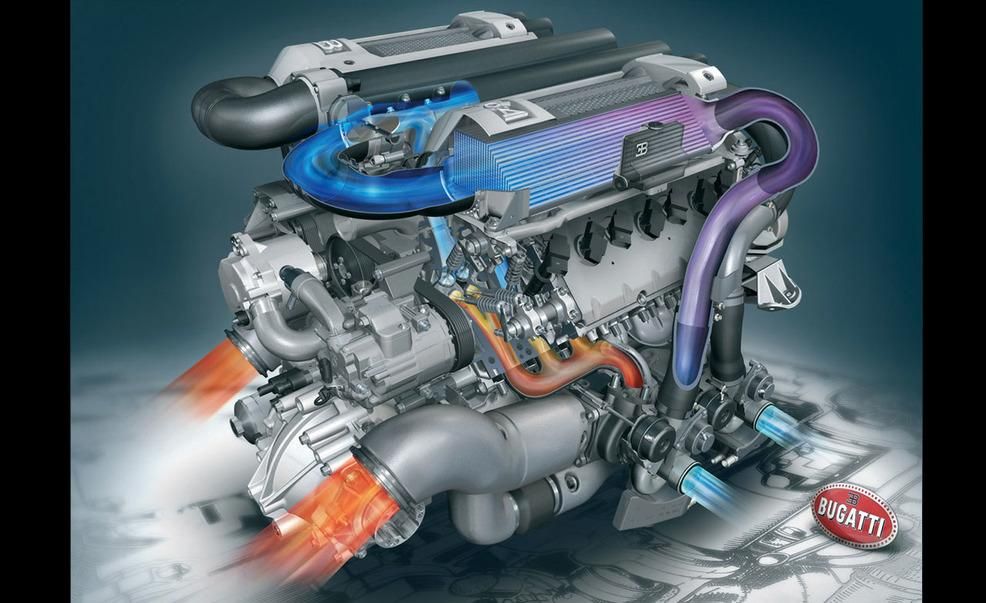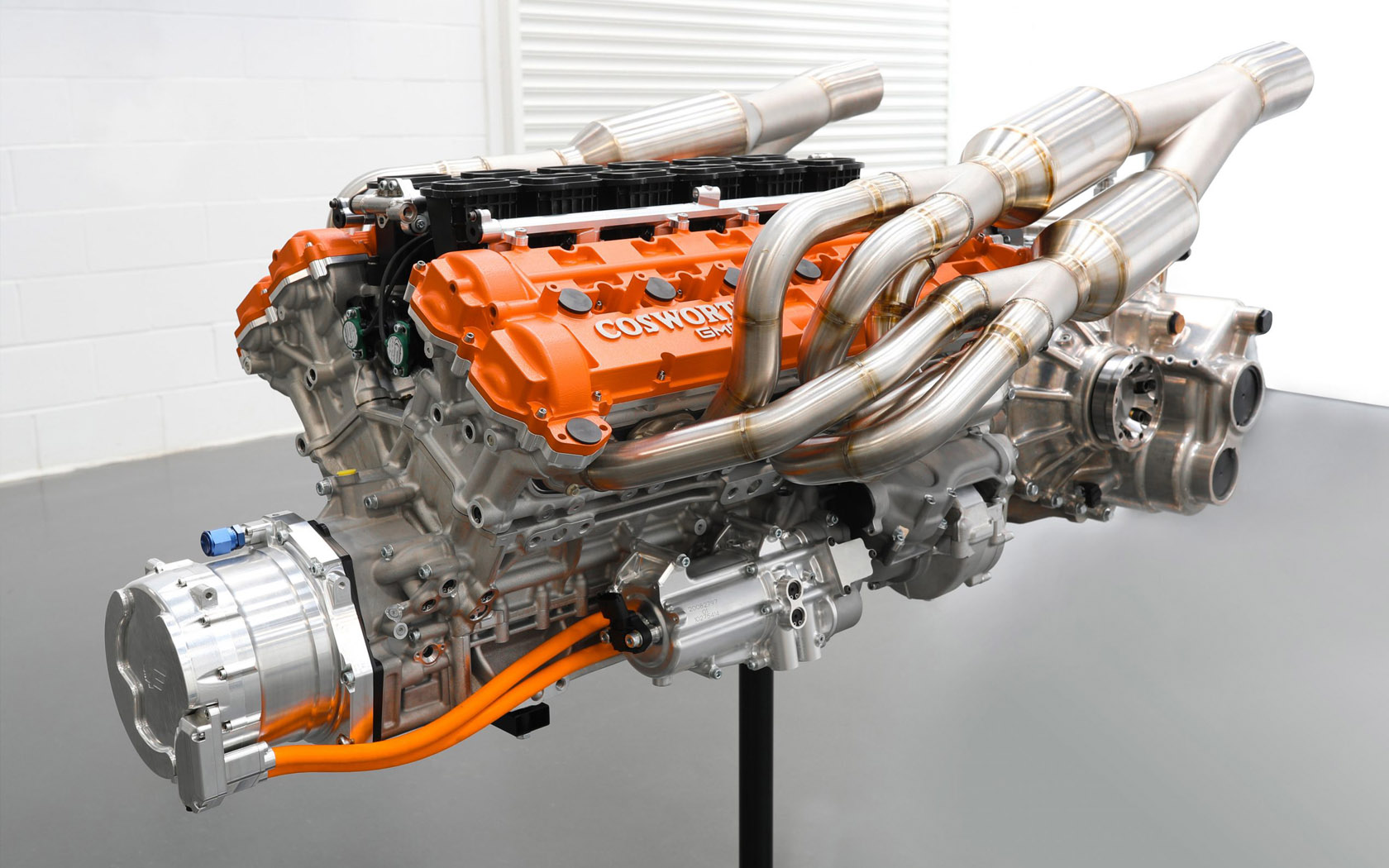The Influence of Ingenious Engine Technologies on Power Efficiency and Environmental Sustainability
In the world of transport and commercial equipment, the continual pursuit for boosted energy effectiveness and decreased ecological effect has actually led to considerable innovations in engine technologies. From the gradual change in the direction of hybrid and electric systems to the integration of turbocharging for enhanced effectiveness, the landscape of engines is developing quickly.
Development of Engine Technologies
The progression of engine innovations over the decades has been marked by consistent technology and improvement in pursuit of improved performance and performance. From the very early days of interior burning engines to the cutting-edge crossbreed and electric powertrains these days, the development of engine modern technologies has actually been driven by a ruthless mission for improved gas performance and lowered emissions.
One substantial milestone in this development was the advancement of turbocharging and direct injection systems, which substantially enhanced engine power outcome while improving gas efficiency. These modern technologies permitted for smaller sized, extra light-weight engines that could supply the performance of larger ones without endangering on performance.
In addition, improvements in materials scientific research have actually led to the extensive adoption of lightweight materials such as light weight aluminum and carbon fiber in engine construction. This has not only decreased total automobile weight but has additionally improved engine effectiveness by lessening energy losses related to inertia and friction.
Benefits of Electric and Crossbreed Systems
With the expanding focus on sustainability and energy efficiency, what advantages do hybrid and electric systems supply in the realm of engine modern technologies? In addition, electric and hybrid systems are much more energy-efficient, transforming a higher portion of saved power into propulsion compared to traditional engines. Crossbreed systems incorporate the benefits of electric propulsion with the versatility of a combustion engine, offering extended driving arrays and minimizing range stress and anxiety for consumers transitioning to electric cars.
Turbocharging for Improved Efficiency
Turbocharging works by using a turbine to require more air into the burning chamber, permitting for better fuel burning and increased power result without a considerable rise in engine dimension. By making the most of the effectiveness of the burning procedure, turbocharged engines can accomplish better gas economic climate and decreased exhausts, adding to environmental sustainability. The extensive adoption of turbocharged engines in both gasoline and diesel lorries shows their efficiency in stabilizing performance, efficiency, and ecological influence.
Using Alternate Fuels
Utilizing alternative fuels offers an appealing opportunity for reducing carbon exhausts and diversifying the energy sources utilized in transport. As the world aims to deal with climate modification and lower reliance on fossil gas, different gas have gotten significant attention for their possible environmental and economic benefits.
Biofuels, such as ethanol and biodiesel, are originated from sustainable sources like sugarcane, algae, and corn, supplying a cleaner burning alternative to traditional gasoline and diesel. These fuels can be mixed with existing petroleum gas or utilized in specialized engines, supplying a path to lower greenhouse gas discharges and boost air quality.
Additionally, hydrogen Full Article fuel cells have become an encouraging technology for zero-emission transport. engines for africa. By transforming hydrogen gas into power to power electrical motors, fuel cell lorries generate just water vapor as a byproduct, getting rid of hazardous tailpipe exhausts entirely
Along with minimizing carbon emissions, alternative fuels can also improve energy safety by diversifying the fuel mix and reducing reliance on imported oil. Welcoming different gas in transport is a critical step in the direction of accomplishing an extra lasting and eco-friendly future.

Future leads and environmental benefits
Alternate fuels, such as biofuels, hydrogen, and electricity, deal significant ecological benefits compared to standard fossil gas. In addition, alternate fuels can aid branch out power resources, improving power safety and minimizing reliance on finite resources.
The future potential customers for alternate gas in the transport field are appealing. Innovations in modern technology remain to enhance the effectiveness and affordability of alternative gas vehicles, making them more accessible to customers. Federal governments all over the world are also applying plans to incentivize the adoption of alternative fuels, even more driving their growth. As research study and growth initiatives expand, the possibility for even greener and extra lasting fuel alternatives raises, leading the means for a cleaner and extra environmentally friendly transportation industry. By accepting innovative innovations and different gas, the course in the direction of a much more lasting future becomes you can try this out progressively achievable.

Verdict
In conclusion, cutting-edge engine modern technologies have actually played a crucial function in improving energy effectiveness and promoting ecological sustainability. engines for africa. The development of engine technologies, fostering of electrical and hybrid systems, use of turbocharging, and expedition of different gas have all added to increasing and decreasing emissions performance. The environmental advantages of these innovations are clear, and there is wonderful prospective for more progression in the future. Engine innovations proceed to be a vital area of focus for achieving a more sustainable future.
In the world of transport and commercial machinery, the continual quest navigate here for enhanced energy effectiveness and decreased ecological influence has actually led to substantial advancements in engine technologies. Turbocharging works by using a generator to compel even more air right into the burning chamber, allowing for far better gas combustion and boosted power result without a substantial increase in engine size. By taking full advantage of the performance of the combustion process, turbocharged engines can accomplish enhanced gas economy and decreased emissions, contributing to environmental sustainability. Alternate fuels, such as biofuels, hydrogen, and electrical power, offer considerable ecological benefits contrasted to standard fossil fuels. The development of engine technologies, fostering of hybrid and electrical systems, use of turbocharging, and exploration of alternate fuels have all added to enhancing and reducing emissions effectiveness.